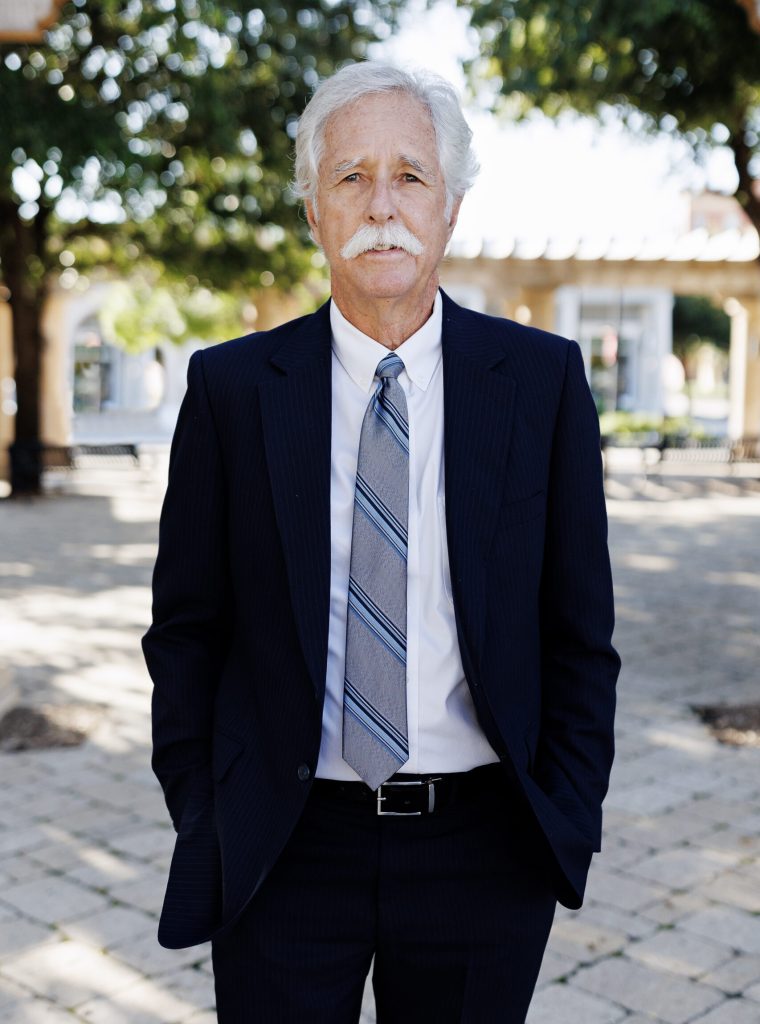SEC Crypto Mining Case Paused After Feds Bring Charges – Law360
More Information


Bob Webster is among the most successful trial attorneys in Dallas, with 15 years in private practice, 22 years as a government prosecutor, and over 9 years as a solo practitioner.
Bob was Partner at the Dallas law firm Fitzpatrick, Hagood, Smith & Uhl, LLP from 2007-2015. There, he handled a wide range of Federal criminal and administrative defense cases, specializing in white collar defense, corporate compliance, securities violations, and criminal appellate practice.
For the previous 22 years, Bob worked as a federal government prosecutor in Dallas from 1985-2007. While serving as an Assistant United States Attorney for the Northern District of Texas, he investigated and prosecuted violations of federal criminal laws, including complex white collar fraud, violent crime (including death penalty cases), and narcotics/controlled substances violations. Bob subsequently became Chief of the Criminal Division, supervising 65 prosecutors and all of the District’s cases for 10 years.
Bob also served as attorney for the Antitrust Division of the Department of Justice, where he initiated, developed and prosecuted criminal antitrust conspiracies and related violations of federal law. He coordinated and directed complex grand jury investigations, including RICO, ultimately resulting in indictments and trials. He engaged in all phases of Sherman Act criminal prosecutions —extensive discovery, motions and pleadings practice, and trial. He participated in all phases of alternative dispositions to criminal litigation, including plea negotiations, compelled testimony, and deferred prosecutions.
Throughout his legal career, Bob has been a teacher. He has taught the fine points of federal criminal prosecution to representatives of the Department of Justice, other federal agencies, and at the National Advocacy Center in Columbia, South Carolina. He has also served as legal instructor in white collar law for the Federal Law Enforcement Training Center, and Bob has taught courses in White Collar Crime and Corporate Criminal Liability as an Adjunct Professor at the Dedman School of Law at Southern Methodist University (1997-2007).
Due to Bob’s extensive experience with white collar crime matters, he is called upon to testify as an expert and enjoys a national reputation for his in depth command of federal law and procedures.
Gonzaga University School of Law
Simon Fraser University
University of California at Los Angeles
Loyola University of Los Angeles
Bar & Admissions
U.S. Court of Appeals, Fifth Federal Circuit
U.S. District Court, Northern, Western and Eastern Districts of Texas
U.S. District Court, Southern District of Illinois
U.S. District Court, Southern District of California
U.S. District Court, District of the Virgin Islands
Texas State Courts
The U.S. Sentencing Commission implemented key changes to the Sentencing Guidelines that took effect on November 1, 2024. These...
DISCLAIMER: The information you obtain at this site is not, nor is it intended to be, legal advice. You should consult an attorney for advice regarding your individual situation. We invite you to contact us and welcome your calls, letters and electronic mail. Contacting us does not create an attorney-client relationship. Please do not send any confidential information to us until such time as an attorney-client relationship has been established.
DISCLAIMER: The information you obtain at this site is not, nor is it intended to be, legal advice. You should consult an attorney for advice regarding your individual situation. We invite you to contact us and welcome your calls, letters and electronic mail. Contacting us does not create an attorney-client relationship. Please do not send any confidential information to us until such time as an attorney-client relationship has been established.